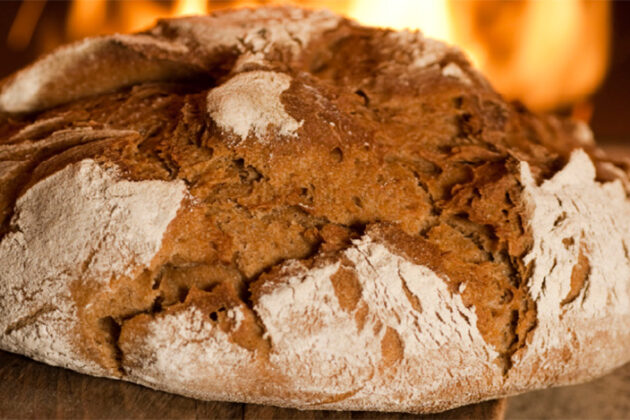MycoSafeBread
Innovative cereal processing methods to produce mycotoxin-safe bread

Primary objective in MycoSafeBread is to optimize bread products tailored for young children, with an absolute minimum of the mycotoxin DON, while meeting the recommendations for wholegrain consumption and nutrient composition.
Start
01. Jul 2020
End
30. Jun 2023
Funded by
The Research Council of Norway
Cooperation
Veterinærinstituttet
Project Manager(s):
Other Participants:
Background
Cereal-based products constitute a major part of the Norwegian diet, however, cereals are often compromised by contamination with the mycotoxin deoxynivalenol (DON). The average consumption of grain-based food in toddlers is approximately 5 times as much as for adults. Governmental health recommendation to increase the consumption of wholegrain due to the high content of dietary fibers, is aggravating the challenge with mycotoxin contamination because mycotoxins are usually located in outer parts of the grain (bran).
The Norwegian Scientific Committee for Food and Environment estimated that young children are at particular risk of exceeding the tolerable daily intake of DON. The health consequences of this are not known, but recent research from the Norwegian Veterinary Institute showed that mice exposed to low doses of DON changed behaviour and became more anxious, and others have shown inflammatory responses in gut and brain of mice. Thus, there is a continuous need to safeguard cereal-based food.
Project activities
Various processing technologies will be used to separate grain components, treat DON-contaminated fractions to reduce mycotoxin content, and recombine cereal fractions to produce breads with even lower levels of mycotoxin. All steps will be monitored with a multimethod for chemical analysis of DON and other mycotoxins.
MycoSafeBread will develop and strengthen competence within cereal processing technologies, product design and innovation, and explore combinations of traditional and new processing technologies.
The results of the project will contribute to maintain food safety and nutritional recommendations, as well as consumer confidence and increased value in the cereal production chain.
Publications
Topics
Cereals
Research facilities